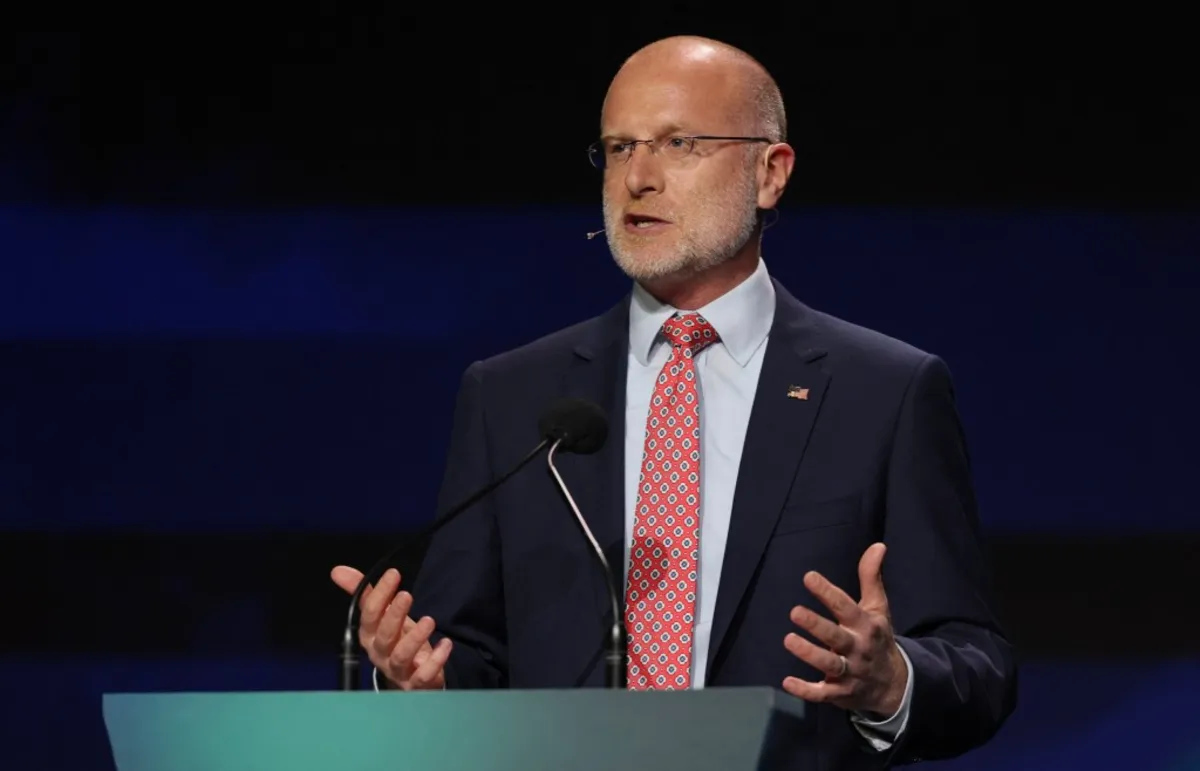
The Walt Disney Co. is the latest media giant to come under scrutiny from FCC Chairman Brendan Carr, who has announced an investigation into the company's Diversity, Equity, and Inclusion (DEI) practices. In a letter addressed to Disney CEO Bob Iger, Carr expressed concerns that Disney and its subsidiary, ABC, may have violated FCC regulations regarding equal employment opportunities by promoting forms of DEI discrimination.
Carr emphasized that the Federal Communications Commission (FCC) holds authority over regulated entities like ABC. He pointed out that the Communications Act and FCC rules explicitly prohibit discrimination based on race, color, religion, national origin, age, or gender. In his correspondence, Carr stated, “While I have seen reports that Disney recently walked back some of its DEI programs, significant concerns remain.” This declaration indicates that the investigation is not merely a formality but a serious inquiry into the practices of one of the largest media conglomerates in the world.
Recently, Disney revised its DEI initiatives, shifting its focus towards creating a sense of belonging among employees. The company replaced its previous Diversity & Inclusion metric with a new Talent Strategy factor in executive compensation planning. This new metric evaluates how leaders embody the company's values, incorporate diverse perspectives, and foster an environment conducive to employee growth. According to an internal memo, this strategy aims to ensure the long-term strength of the organization while promoting inclusivity.
Chairman Carr's letter to Disney bears similarities to one he sent to Comcast last month, indicating a broader intention to investigate various media companies with potentially questionable DEI practices. A spokesperson for Disney responded to the FCC's inquiry, stating, “We are reviewing the Federal Communications Commission’s letter, and we look forward to engaging with the commission to answer its questions.”
The investigation has sparked political debate, particularly from Anna Gomez, one of the two Democratic members on the FCC. Gomez criticized Carr's approach, suggesting that he is overstepping his authority. In a recent speech to the Hispanic Chamber of Commerce, she stated, “Private businesses all over the country are under attack,” urging companies not to remain silent against government intervention. She argued that such actions could be detrimental to businesses that understand their customers' needs and could lead to dangerous precedents.
In his letter, Carr did not mention specific Disney content but raised concerns about the company allegedly launching “segregated affinity groups and spaces.” He cited Disney's Reimagining Tomorrow initiative as a mechanism for advancing its DEI mission, alleging that ABC implemented mandatory inclusion standards that might have forced racial and identity quotas into every production level. It is worth noting that Disney has since eliminated the Reimagine Tomorrow hub, evolving it into a more comprehensive inclusion framework on its corporate impact website.
Chairman Carr has signaled his intent to continue investigating Disney, stating in a recent interview that he is planning a thorough examination of the company. His tenure has already seen the revival of complaints against major networks, including ABC, CBS, and NBC, related to their handling of political content and debates. All three complaints stem from the conservative group Center for American Rights, underscoring the contentious atmosphere surrounding media practices and government oversight.
As the situation unfolds, the implications for Disney and the broader media landscape remain to be seen. The investigation not only highlights the ongoing controversy surrounding DEI practices but also raises questions about the role of government in regulating corporate policies.